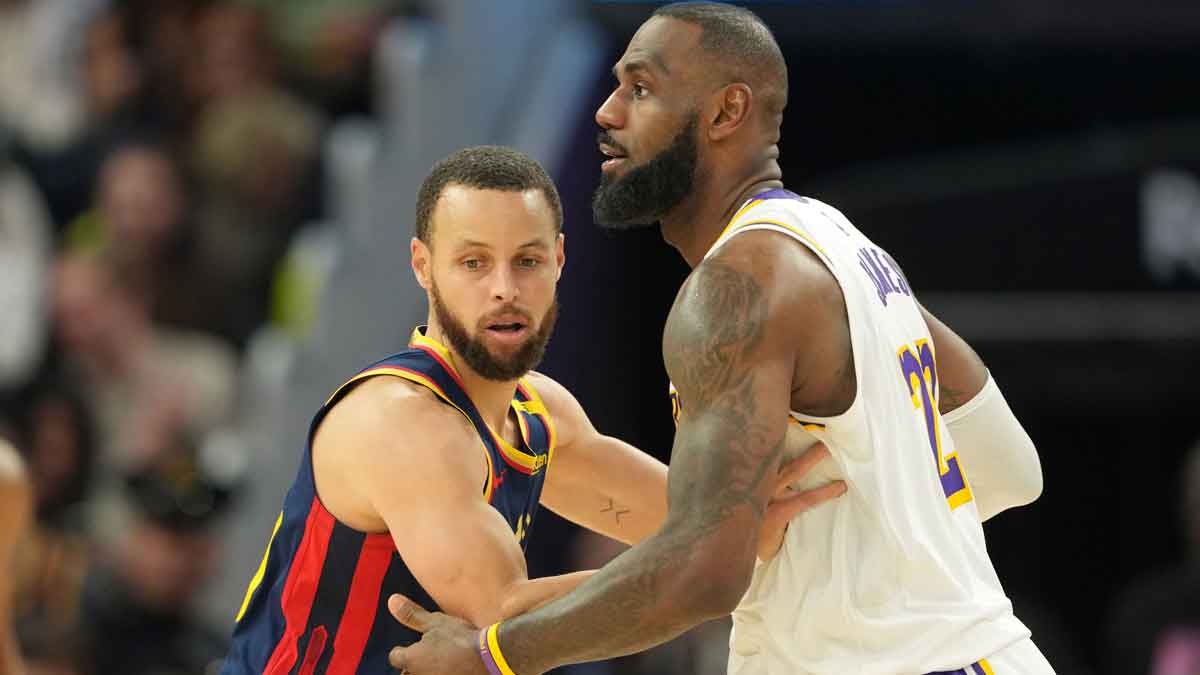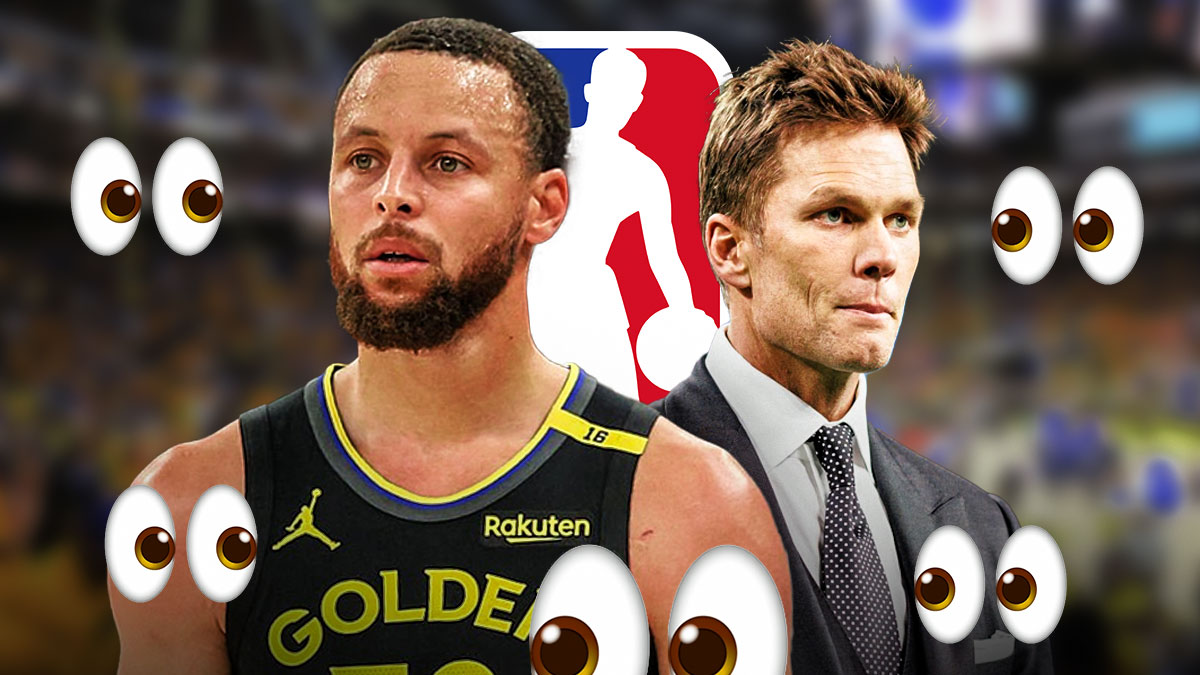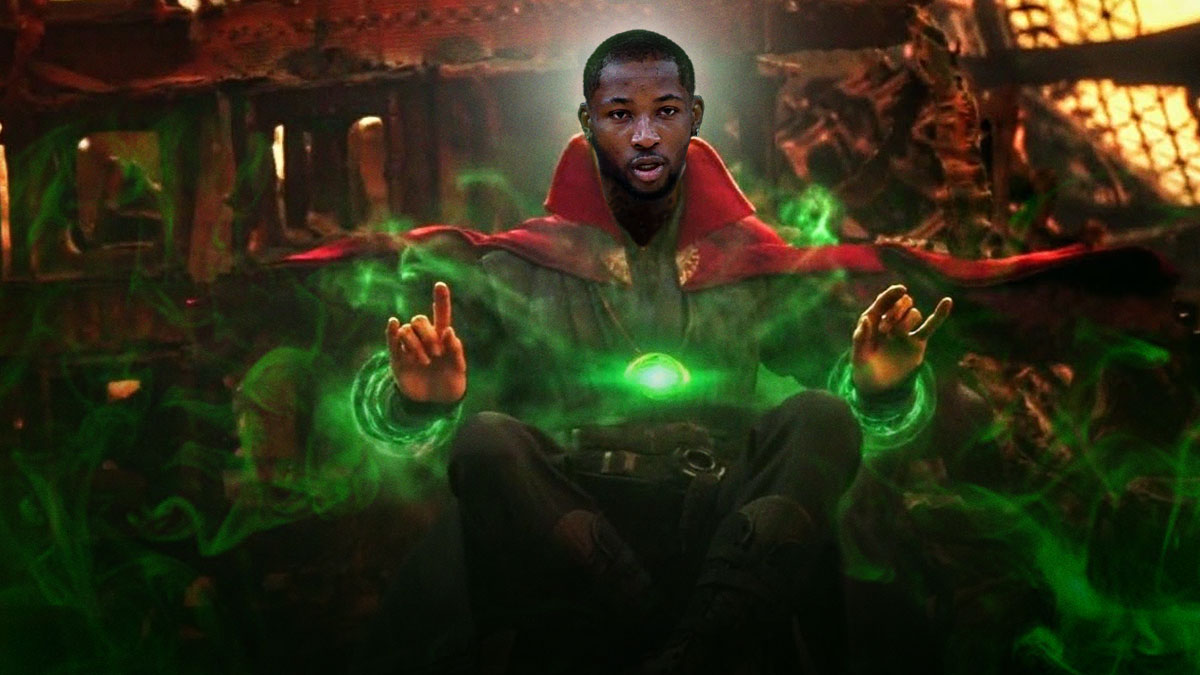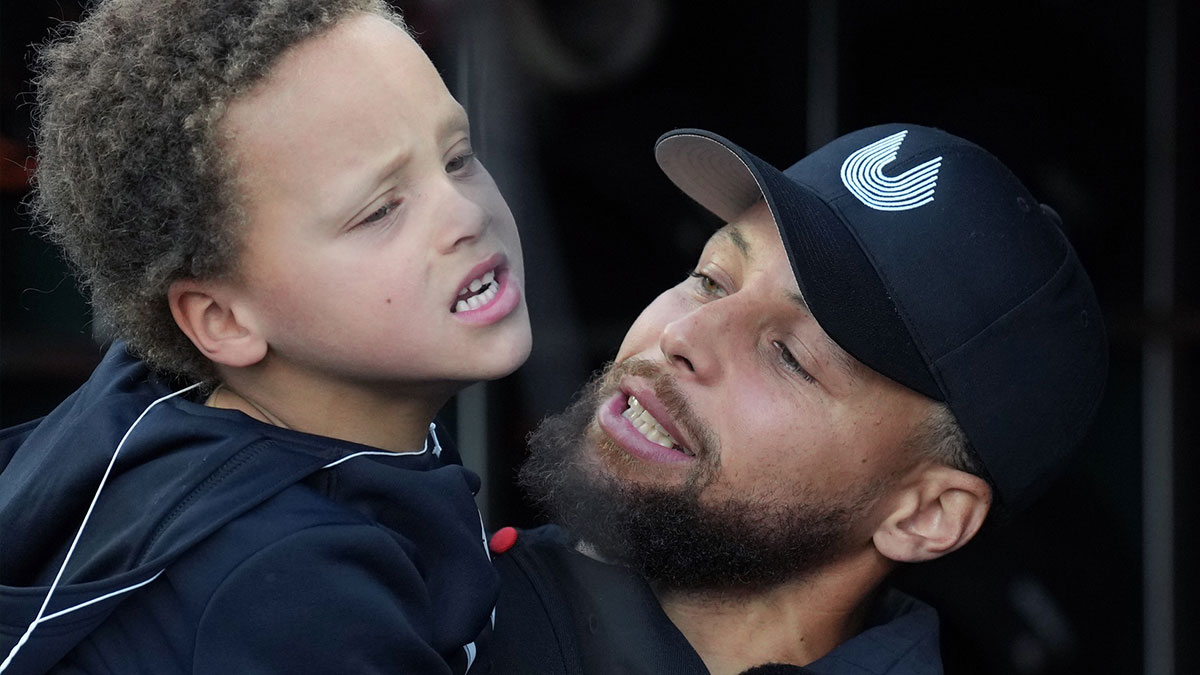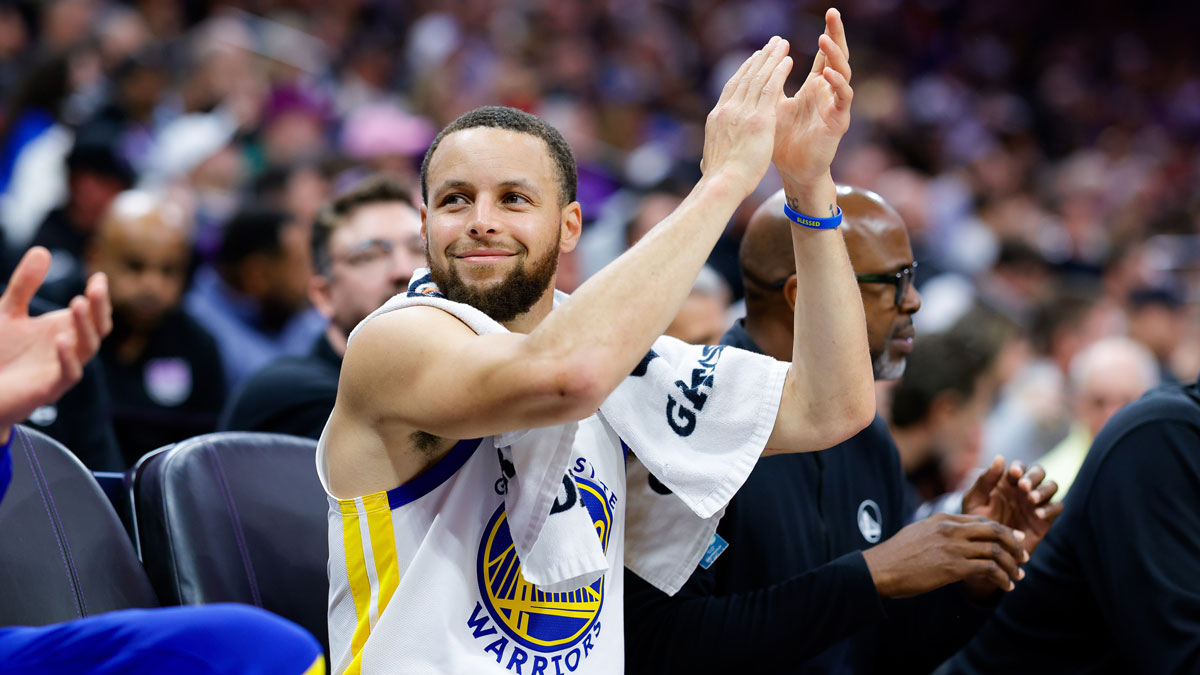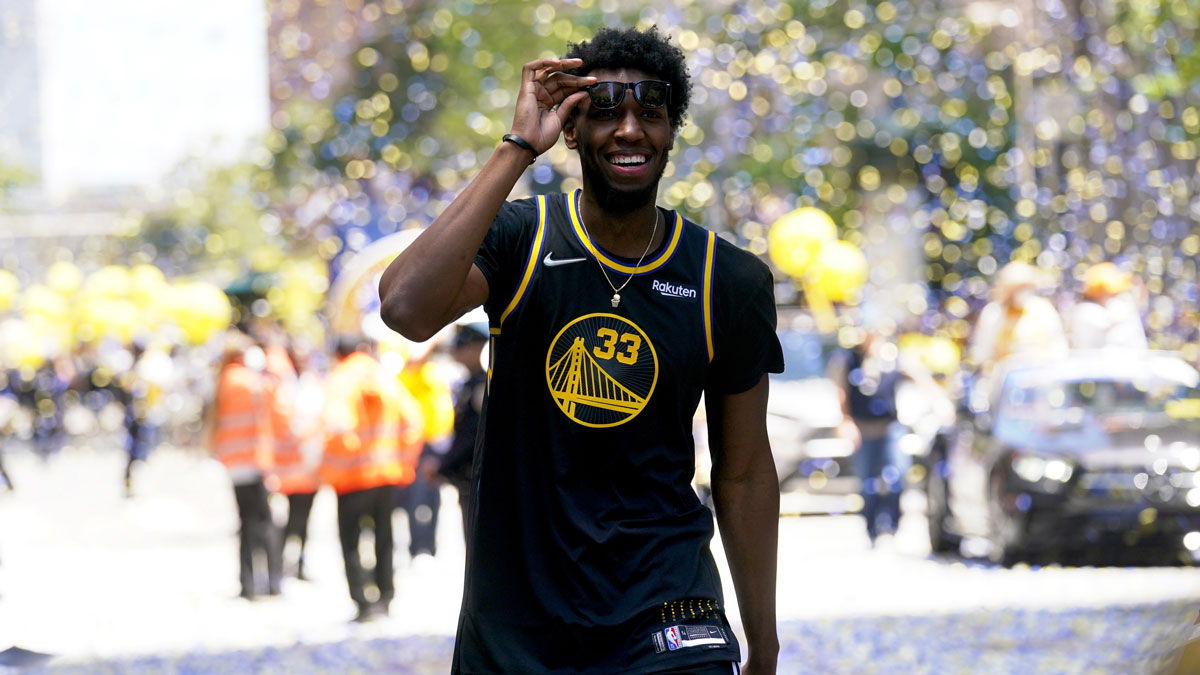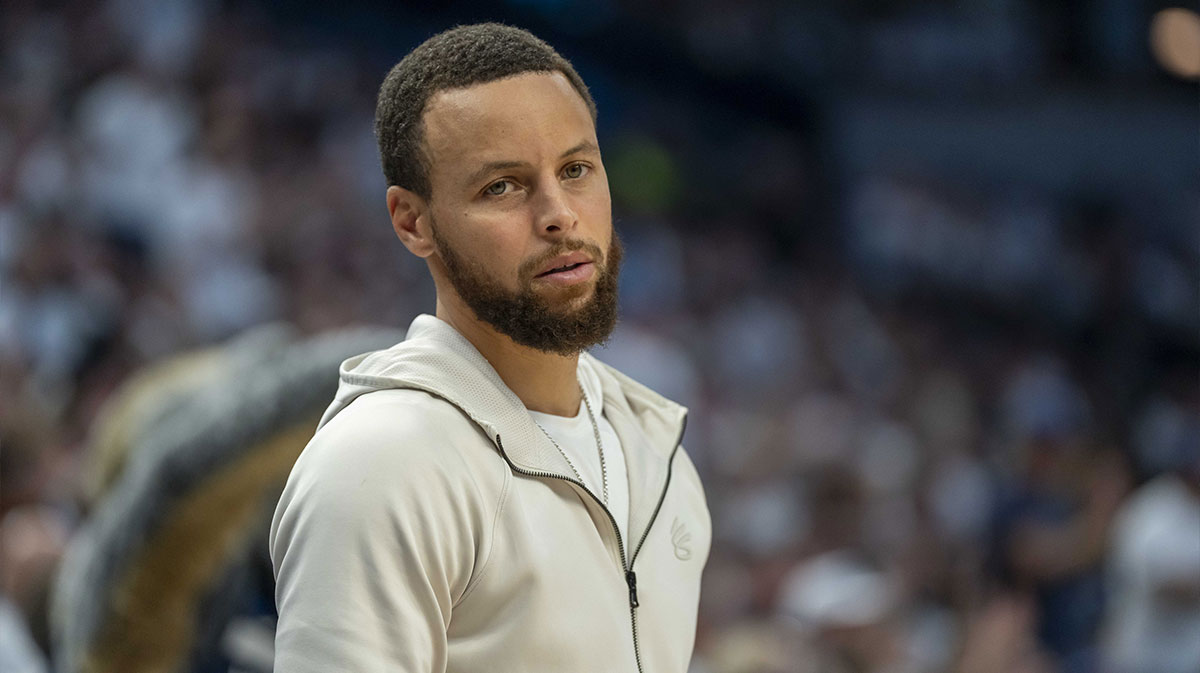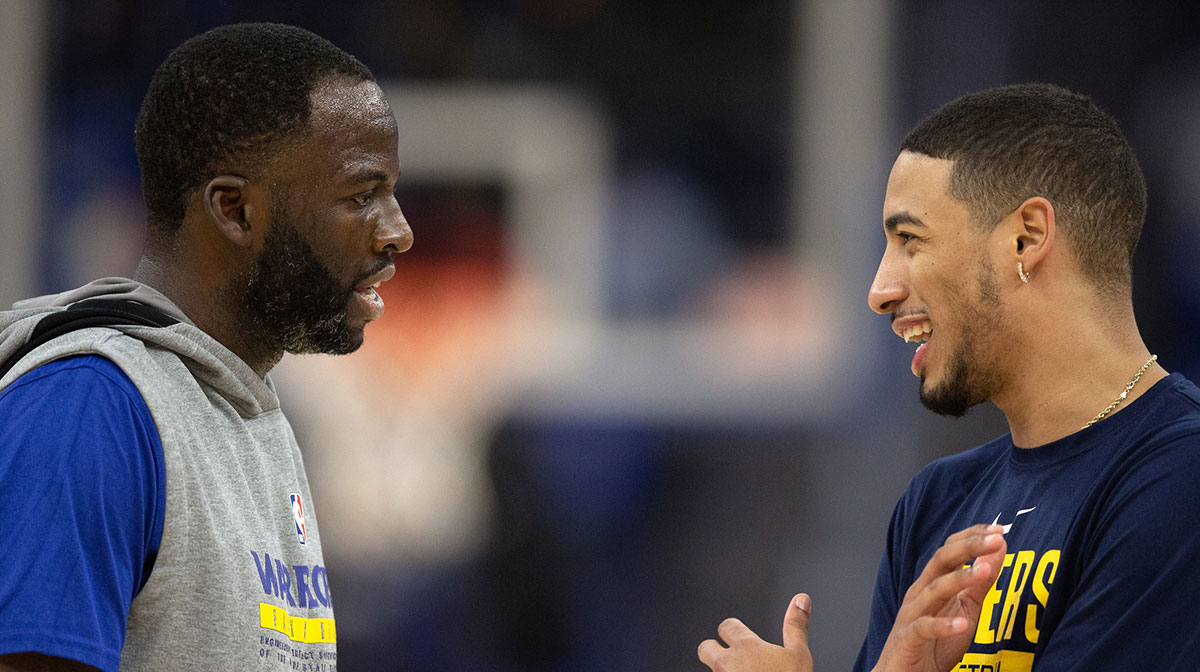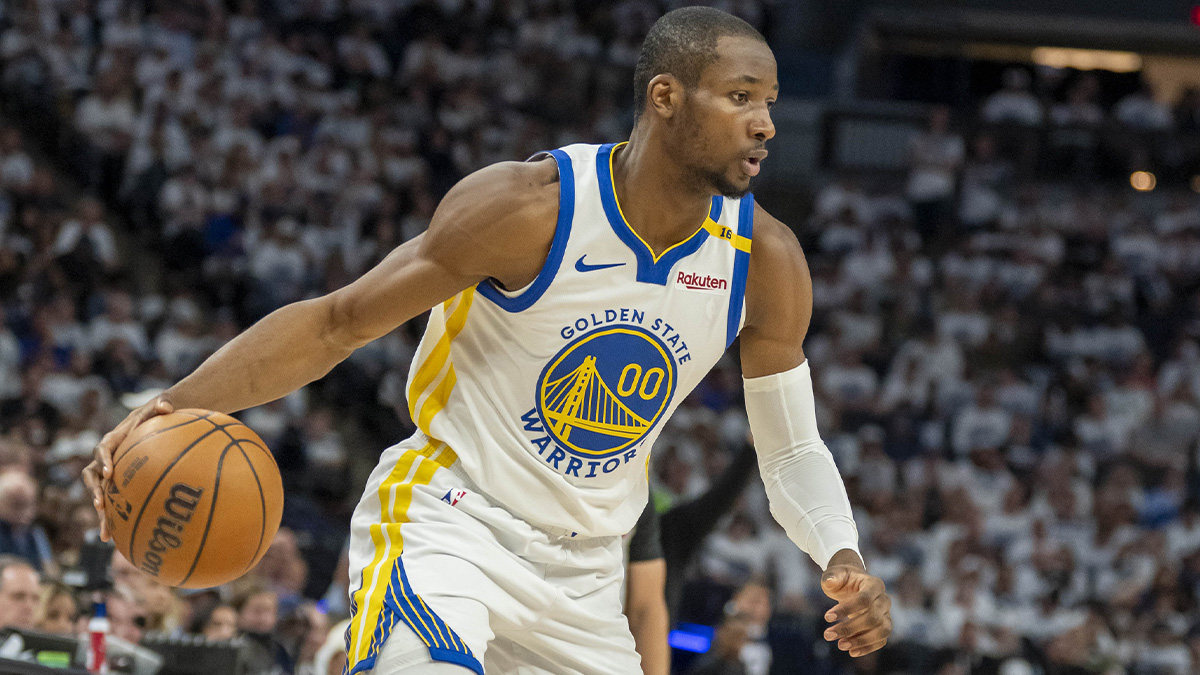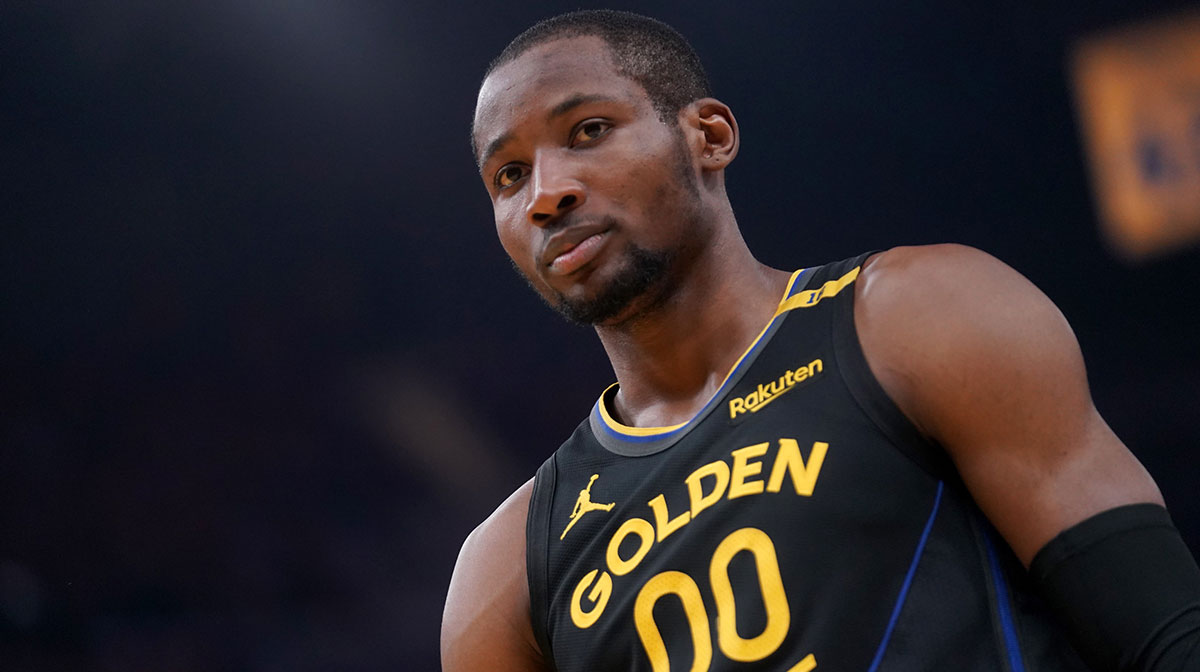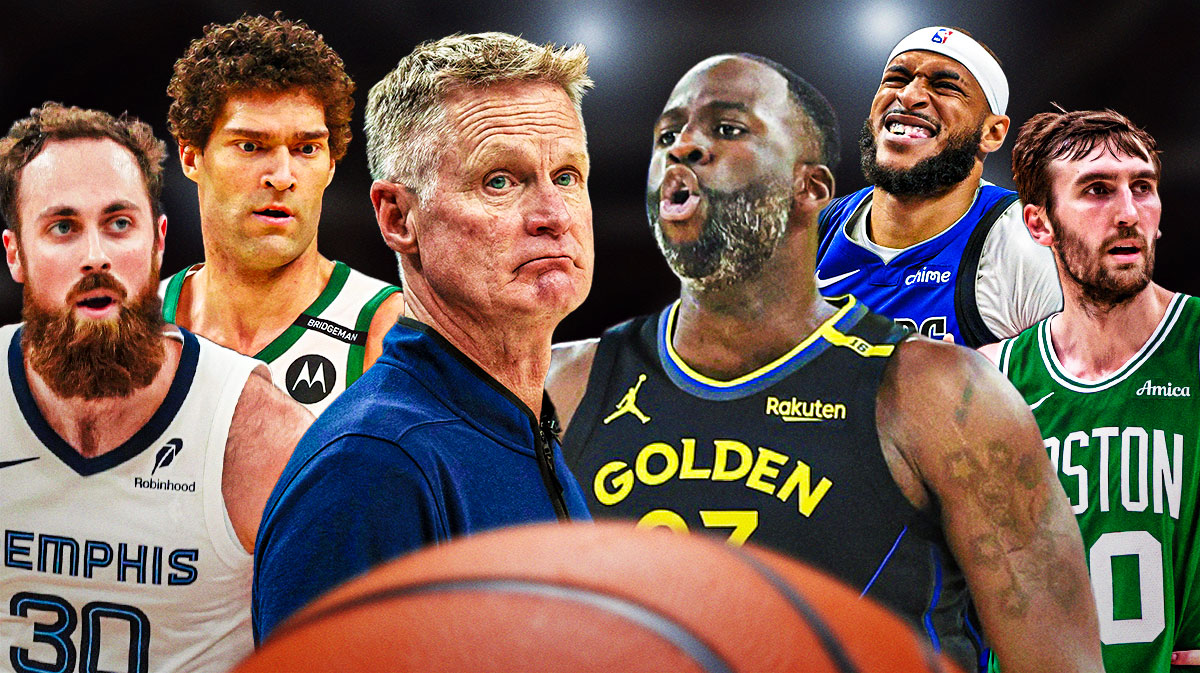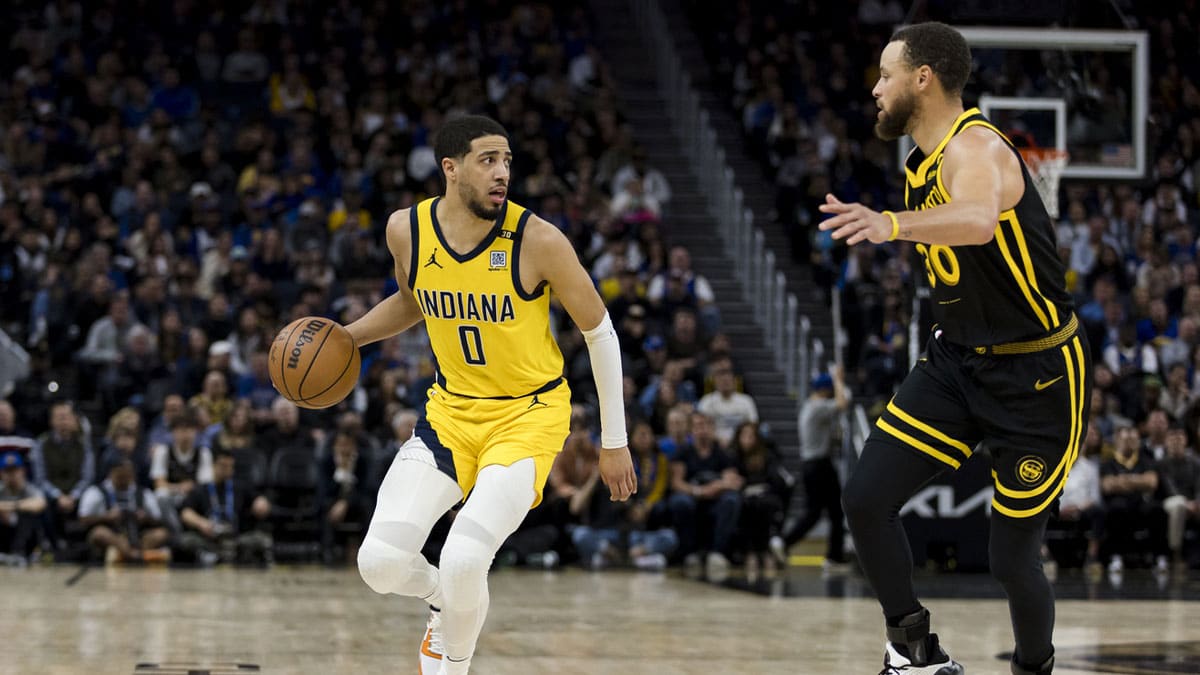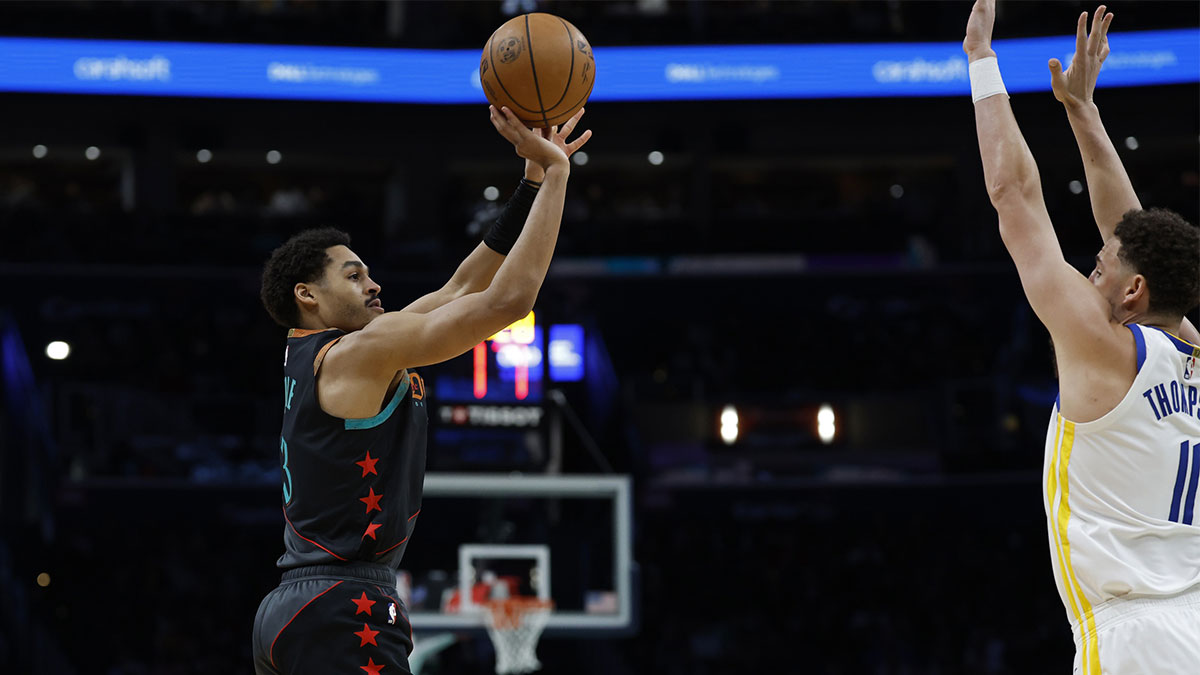Joe Lacob knows his desire for certain changes to the NBA's luxury-tax structure seem self-serving. The Golden State Warriors owner admitted as much while decrying the current system on the Point Forward podcast, comments that ultimately landed him a $500,000 fine from the league office.
But there will undoubtedly come a time when Lacob's glitzy, big-market, money-printing franchise isn't the one most negatively impacted by CBA stipulations that ensure it's extremely expensive for teams to retain homegrown stars deep into their careers. We'll soon find out if other owners realize it.
Joe Lacob made that case to his fellow owners at a recent Board of Governors meeting in Las Vegas, according to league insider Marc Stein.
Before his $500,000 fine for describing the NBA’s current luxury tax system as “incredibly penal” and “very unfair” on the Point Forward Podcast hosted by Andre Iguodala and Evan Turner, Warriors owner Joe Lacob made the argument directly to fellow team owners at the recent Board of Governors session during summer league in Las Vegas that tax penalties should be reduced when teams re-sign players they drafted, league sources say.
Left unreported is how Lacob's peers responded to his argument. Considering league-wide grousing about the Warriors' record $340 million payroll driving their fourth title in eight seasons, though, it goes without saying Lacob's reasoning mostly fell on deaf ears.
No one is doubting the inherent financial advantages Golden State enjoys. The franchise brought in over $800 million of revenue last season, by far the most in the league. The Bay Area is becoming an increasingly attractive destination for players, too.
But the Warriors' record $170 million luxury-tax payout in 2022-23—equally distributed among non-taxpaying teams, by the way—isn't a reflection of their unique ability to spend as much as it is their unbelievable sustained success behind Steph Curry, Draymond Green and Klay Thompson. Andrew Wiggins is the only high-priced player on the roster who wasn't drafted by Golden State.
Article Continues BelowWould owners be so peeved by the Warriors' record level of spending if they played in a smaller market?
The only way to remain in title contention is for Golden State to pay Curry, Green and Thompson what they deserve as they age. Those guys combine for just below $115 million in salary next season, putting the Warriors within shouting distance of the $123.6 million salary cap before accounting for anyone else on the roster.
Maybe a team in that position should be expected to compete for a title without another veteran impact player, but that notion comes from a naive understanding of how players' pay aligns with their league tenure. The best older players will always be the most expensive, especially the longer they play for their incumbent franchise.
It'd be a shame if being surrounded by a championship-caliber supporting cast requires those players to take a paycut—the spot Curry, Green and Thompson might have found themselves in if they didn't play for Golden State. How many other owners would've been comfortable bringing in Wiggins on his rookie-scale max?
Lacob's argument would no doubt be a more relatable one if the Warriors didn't play in San Francisco. When it comes time for deep CBA negotiations in either of the next two offseasons, here's hoping other owners are able to view his logic through that lens—for their sake at least as much as Golden State's.

